Description
Esoteric Cosmology, Steiner was able to successfully condense a grand cosmology into eighteen lectures with easy readability. These lecture notes will prove invaluable for all those who wish to better understand Rudolf Steiner’s book An Outline of Esoteric Science, as well as his Christian cosmology and perspectives on esoteric Christianity and the Christian mysteries.
“This cycle of eighteen lectures…presented a survey of the evolution of cosmos, Earth, and humanity, to the extent attained by Dr. Steiner in the maturing process of his research. In his Autobiography, when looking back to the earlier years, he says of the stage that his knowledge had then attained: ‘The whole world outside of human beings is a riddle, the real-world riddle; and humanity itself is the answer.’ Through the years, we worked continuously at the solution of the riddle. These lectures of 1906 were also devoted to this theme, and three years later he was able to present the knowledge gained in a comprehensive form as his book An Outline of Esoteric Science.” — Guenther Wachsmuth (The Life and Work of Rudolf Steiner)
A congress of the Federation of European Sections of the Theosophical Society was held in Paris in May 1906. Rudolf Steiner attended with a number of students and presented a series of lectures to a small circle of friends, mostly society members. Édouard Schuré was present and made succinct notes of those talks, the result of which is An Esoteric Cosmology: Evolution, Christ, and Modern Spirituality. In is foreword, Schuré describes his initial impressions of Rudolf Steiner and the force of his vision: “These priceless lectures mark a significant phase of Rudolf Steiner’s thought—that of the spontaneous burst of his genius and its first crystallization.” Indeed, his notes record perhaps the first general outline and summary of what would become Anthroposophy, or spiritual science.
At the time of these lectures, most members viewed Theosophy as a kind of Europeanized Indian philosophy. Thus, one purpose of these lectures was to outline Steiner’s Christ-centered spiritual science in contrast to the more Eastern orientation of Theosophy. He carefully connected the essence of spiritual science to the role of the Christ in human evolution, as well as to the Rosicrucian and Christian mystery traditions, the primary carriers of the esoteric Christian stream. To accomplish this, Steiner presented the roots of Christianity in the ancient mysteries and in the evolution of the whole universe itself.
Édouard Schuré was able to capture their essence in the relatively brief notes that constitute this book.
“I took no notes of the first lecture, but it made such a vivid impression upon me that, once I reached home, I felt a need to write it down without forgetting a single link in the chain of these illuminating thoughts. I had absorbed the lecture so completely that I found no difficulty at all. By a process of involuntary and instantaneous transmutation, the German words, which had ingrained themselves in my memory, changed into French. The same thing, repeated after each of the eighteen lectures, gradually grew into a dossier that I keep as a rich and rare store of treasure.” — Édouard Schuré (from his foreword)
Product Details:
ISBN#9780880105934
An Esoteric Cosmology is a translation of notes in French by Édouard Schuré, including 18 of 43 lectures in Paris, Leipzig, and Munich, published in German as Kosmogonie. Populäre Okkultismus. Das Johannes-Evangelium. Die Theosophie an Hand des Johannes-Evangelium (Rudolf Steiner Verlag, GA 94).
Paperback, 132 pages
Publisher: Steiner Books, Published: January 15, 2009
Size: 6 x 0.32 x 9 inches, Weight: 0.80
Authors

Rudolf Steiner (b. Rudolf Joseph Lorenz Steiner, 1861–1925) was born in the small village of Kraljevec, Austro-Hungarian Empire (now in Croatia). As a young man, he lived in Weimar and Berlin, where he became a well-published scientific, literary, and philosophical scholar. He is known especially for his work with Goethe’s scientific writings. Formally beginning his spiritual teaching career under the auspices of the Theosophical Society, Steiner came to use the term Anthroposophy (and spiritual science) for his philosophy, and spiritual research. The influence of Steiner’s multifaceted genius has led to innovative and holistic approaches in medicine, philosophy, religious renewal. He is known for the Waldorf education system, biodynamic agriculture, Goethean science, architecture, and the arts of drama, speech, and eurythmy. In 1924, Rudolf Steiner founded the General Anthroposophical Society, which today has branches throughout the world. He died in Dornach, Switzerland.
Forward by Édouard Schuré
(1841-1929)
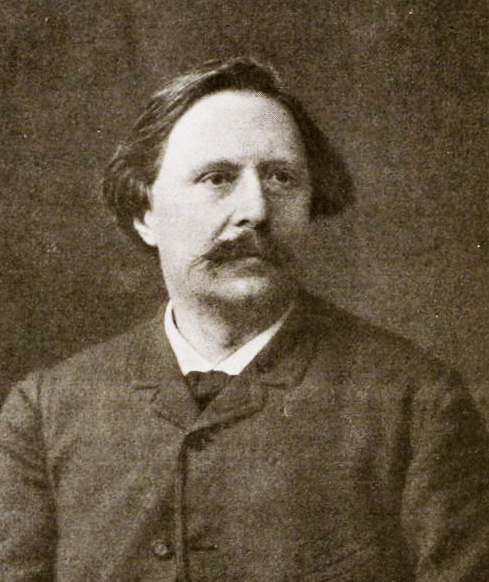
Schure was a French writer born in Strasbourg. He was a writer, philosopher, and musicologist. Wrote novels, theater pieces, historical works, poetry, and philosophical treatises. Especially well known for his work The Great Initiates, which has been in print continuously in numerous languages. He was a devoted and early student of Rudolf Steiner and Anthroposophy. His other books include From Sphinx to Christ: An Occult History and the play The Children of Lucifer.
Publisher
Bernard J. Garber (1917–1992) was born in Passaic, New Jersey, and grew up in New York State. Although he did not finish college, he was a natural thinker and philosopher and, at the youthful age of twenty-four, led study groups on Rudolf Steiner’s Philosophy of Freedom. He was dedicated to making Steiner’s works available in English throughout North America and, in 1959, founded Rudolf Steiner Publications in New York City with Paul Marshall Allen. Bernard published numerous volumes on Anthroposophy, as well as on other areas of Western spirituality. From 1960 to 1963, published the Anthroposophic Journal, “Free Deeds”. Later, he started Steinerbooks, an affiliate of Multimedia Publishing Corporation under the auspices of Rudolf Steiner Publications. He was also one of the founders of Green Meadow School in Chestnut Ridge, New York. Bernie Garber continued throughout his life to publish and promote the work of Rudolf Steiner.
Translator – René M. Querido
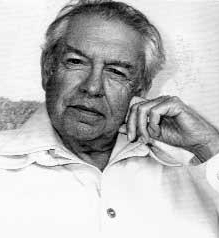
René M. Querido, LLD, was a seminal figure in Waldorf education for a half century. He was educated in Holland, Belgium, France, and England and studied mathematics and physics at London University. Mr. Querido lectured throughout the world on historical and educational topics and was director of Rudolf Steiner College (Fair Oaks, California). He was also Secretary of the Anthroposophical Society in America.

Your purchase on this site helps Theosophy Foundation, Inc., sustain and promote worldwide the first principle; “We are all One.” If interested in Theosophy and what it’s all about, please visit our parent website: www.blavatsky.net.
Thank you.

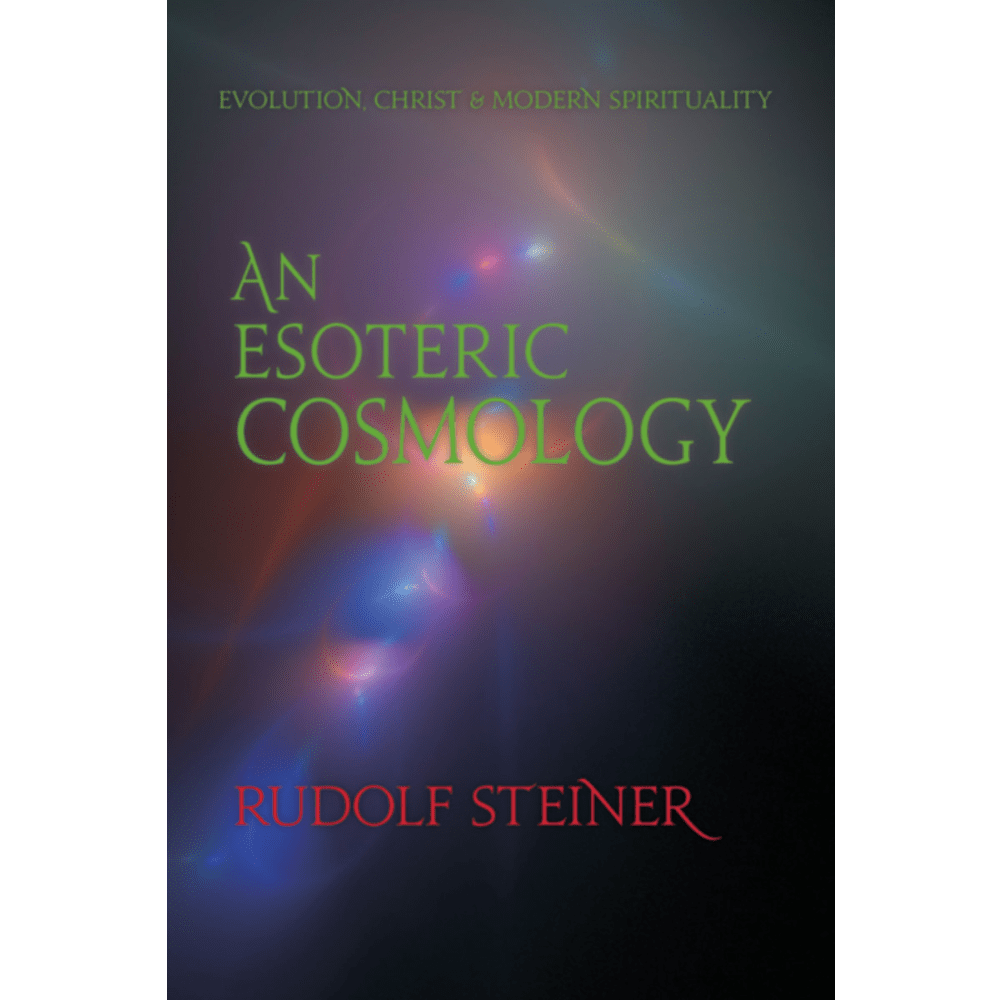
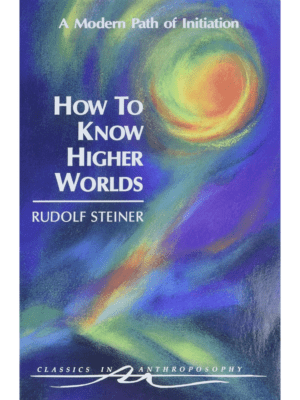
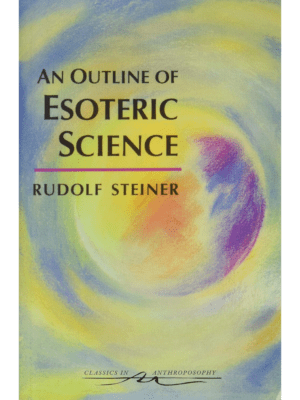
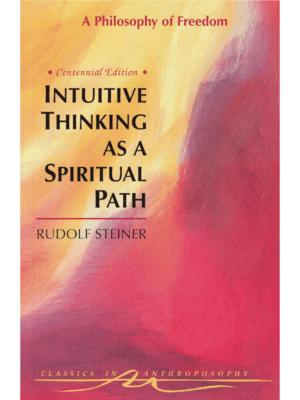
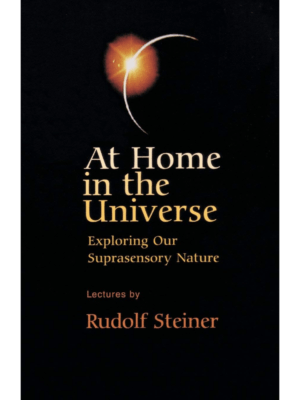
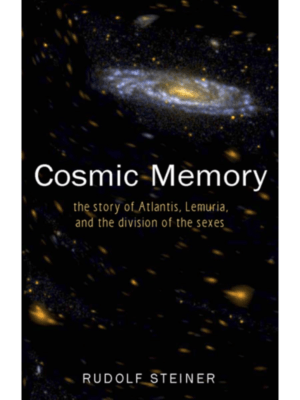
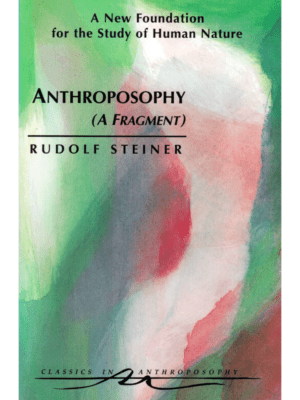
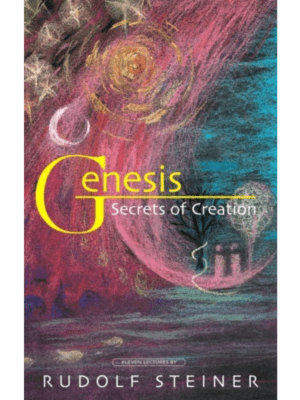
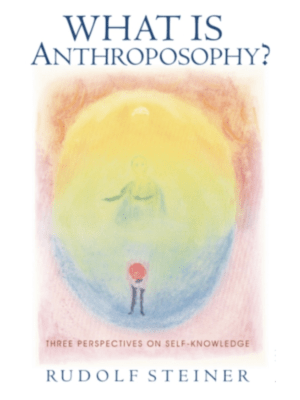
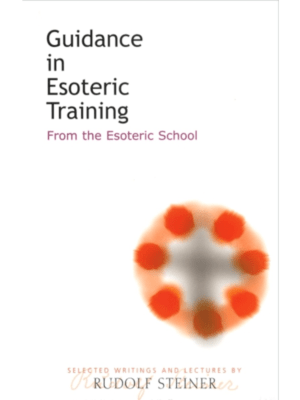
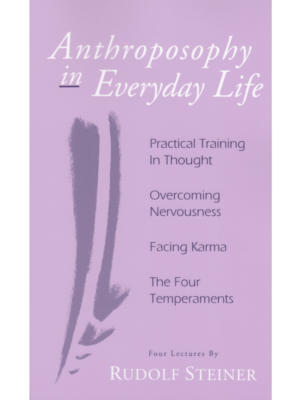
Reviews
There are no reviews yet.